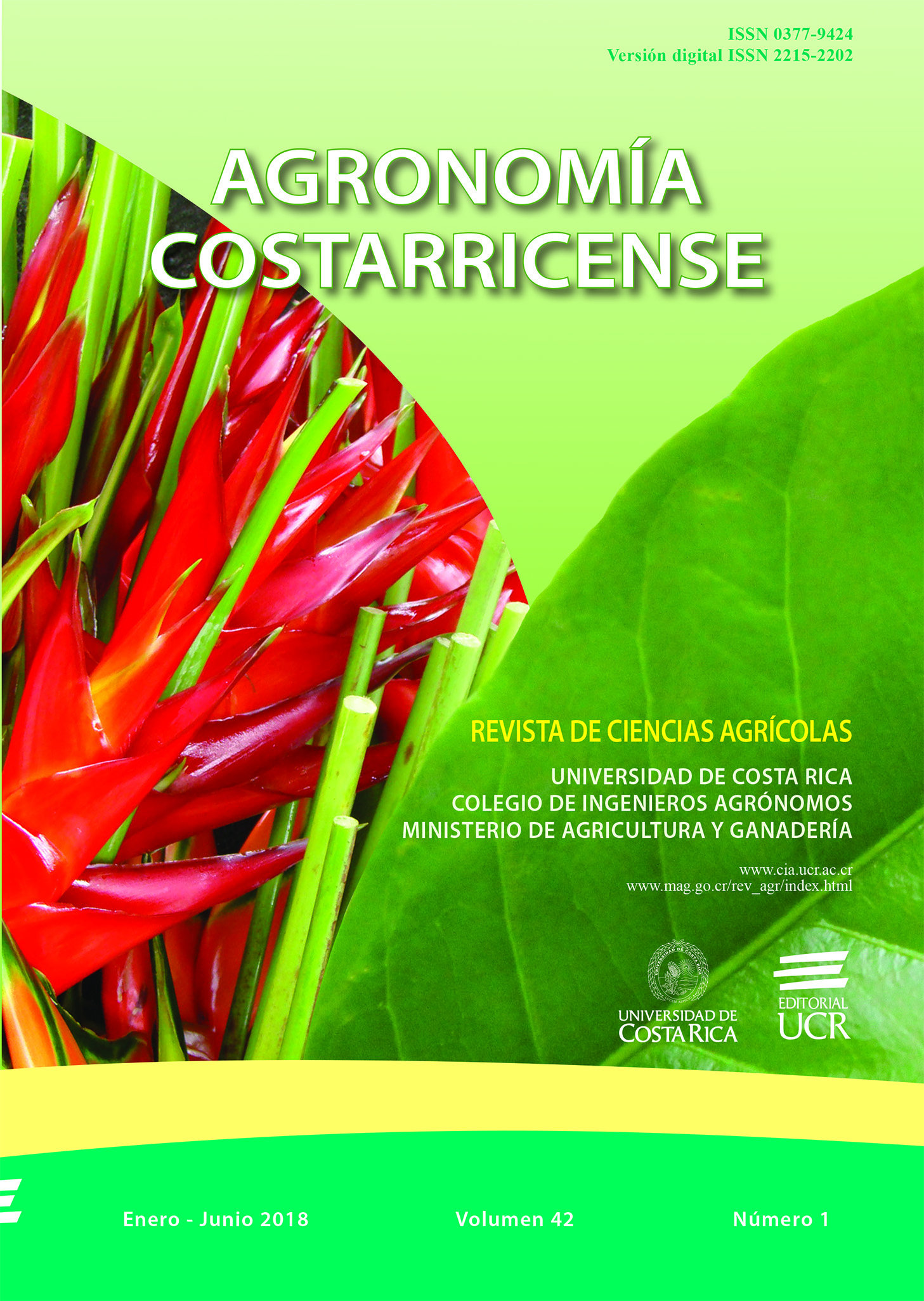Abstract
Characterization of the genetic diversity of commercial cultivars of heliconias in The Central Occident of Colombia. The Heliconiaceae family has only one genus, Heliconia L., with approximately 250 species. Due to the color of their bracts, they are widely used for ornamental purposes, presenting an increasing commercialization in the international market, and the production areas in Central and South America countries, providing a greater supply and demand of the product. However, there is confusion in this genus about the number of species and the relationships between them. This improper nomenclature can lead to commercial and scientific problems. In this research carried out during 2014, 44 individuals of the genus Heliconia of commercial importance in central west of Colombia, corresponding to 4 species, and an interspecific hybrid, were characterized by microsatellite markers previously developed for Heliconia bihai and Heliconia caribaea and own microsatellite markers obtained from a genomic enriched library with microsatellites for Heliconia orthotricha. Eighteen markers were selected to perform the characterizations. Direct amplification strategies were used, as well as the transferability of markers. The Hardy-Weinberg equilibrium (HWE) was broken for some of the markers used in the different species of this study, because they belonged to commercial cultivars with high selection pressure by growers. The marker Hb_C115 presented the linkage with a greater number of markers. Many of the markers are linked to each other, it is not possible to determine their proximity to the chromosome, because they do not have linkage maps for any species of the genus. The transferability of the microsatellites developed for different species of the genus Heliconia is confirmed as a useful tool in the varietal characterization, which could be of great use in the commercialization of flowers and exchange of plant material for asexual propagation.
##plugins.facebook.comentarios##

This work is licensed under a Creative Commons Attribution-NonCommercial-NoDerivatives 4.0 International License.
Copyright (c) 2018 Agronomía Costarricense


